As technology advances, a burning question emerges: Will AI replace movie actors? With the rise of digital performance and deepfake technology, many are wondering if the days of human actors are numbered. This post unpacks the implications of AI in the film industry, exploring opinions from actors, directors, and tech enthusiasts alike.
Get ready to dive into the pros and cons of AI's role in acting. We'll discuss potential job impacts, whether audiences will embrace AI-driven performances, and what this means for the future of storytelling. By the end, you’ll have a clearer picture of how AI is reshaping the landscape of cinema and what it could mean for aspiring actors.
Table of contents
Hollywood's Human Pulse: Actors Weigh In on AI
Actors harbor significant concerns about AI, particularly its capacity to create "digital facsimiles" of their likenesses without proper compensation [Source 3]. The Screen Actors Guild-American Federation of Television and Radio Artists (SAG-AFTRA) has strongly opposed such AI-generated content, fearing it could devalue human performances and diminish job opportunities [Source 1, Source 4]. This apprehension fueled strikes, as actors sought protections against AI's perceived "existential threat" to their profession [Source 3, Source 9].
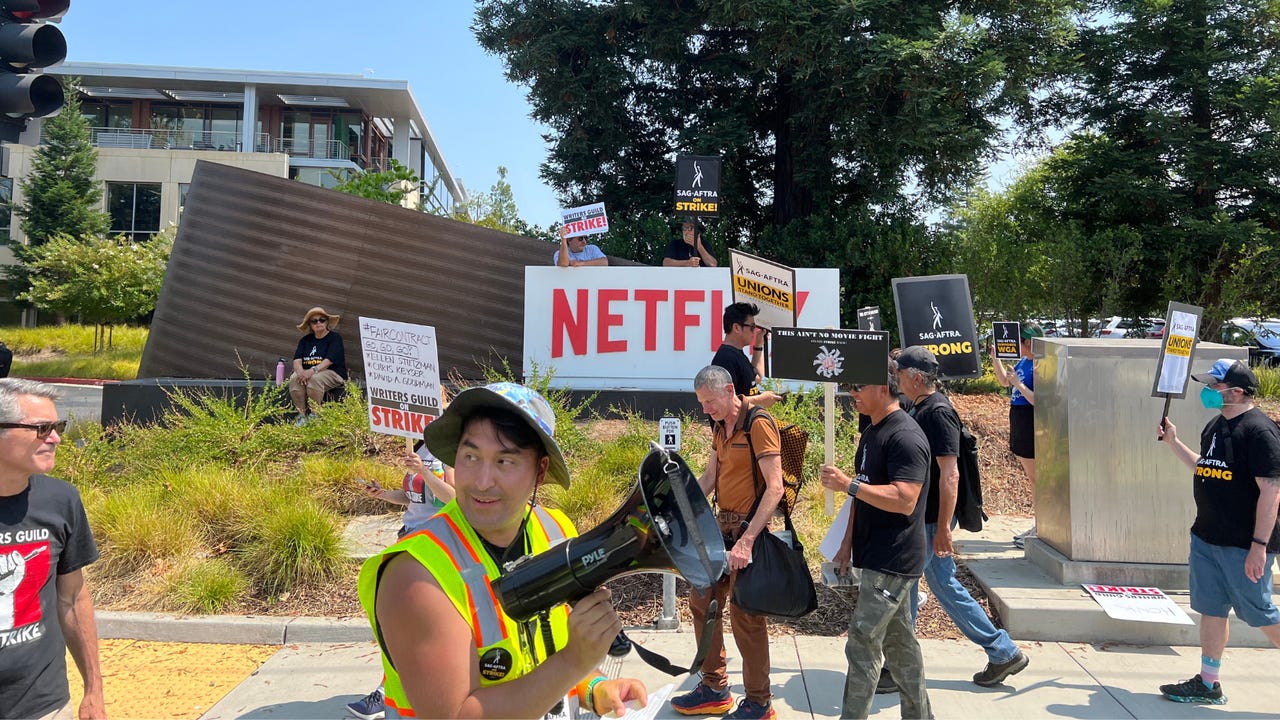
Credits: AI Business
However, many industry figures stress the irreplaceable nature of human creativity and emotional depth. University of Virginia professor Anthony Palomba argues AI characters often lack the relatability and experiences human actors bring [Source 1]. Actor Ben Affleck views AI as "a craftsman at best," capable of imitation but not original artistry or nuanced judgment [Source 5]. Filmmaker James Cameron believes AI cannot generate compelling, emotionally resonant stories [Source 9].
What parts of Movie Actor Jobs is AI Replacing?
AI is stepping into the movie industry, automating several tasks traditionally performed by actors. Key areas include casting and auditions, where AI can analyze performances to recommend the best candidates for roles, thereby streamlining the selection process. Additionally, AI-driven digital doubles allow for stunts or complex scenes to be executed without the physical presence of the actor, creating new possibilities for filmmaking. For instance, according to a Mastercard report, digital avatars can replicate an actor's likeness in various situations.
Moreover, capabilities in voice synthesis are developing rapidly, enabling AI to produce lifelike voiceovers that could potentially replace human vocal performances in certain scenarios. AI can also assist in evaluating scripts and predicting their success, helping actors choose roles that align with audience preferences, as noted in a Springer article. While these advancements may enhance efficiency, the emotional depth and nuanced performances that human actors bring to the screen remain irreplaceable.
What Movie Actor Skills AI Cannot Replace
Despite the rise of AI technologies in filmmaking, some aspects of a movie actor's role remain firmly human. According to a Nature article, actors bring genuine human emotions and personal experiences that AI cannot replicate. This emotional authenticity creates a connection with audiences, something that digital replicas lack. Furthermore, AI struggles with the nuanced interpretation actors provide, as their creative decisions and personal background enrich a character's portrayal.
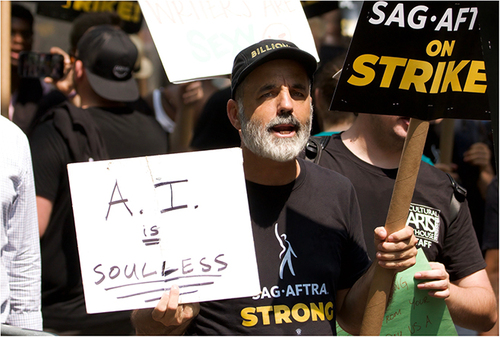
Credits: ACM Digital Library
Collaboration is another area where human actors shine. As noted in an AI Business article, the creative process thrives on the interaction between actors, directors, and writers. This dynamic collaboration is crucial for storytelling and is an area where AI falls short. Ethical and legal considerations also arise with AI, especially concerning the use of actors’ likenesses, highlighting the need for human oversight in the industry.
How Movie Actors Can Adapt to AI
The evolving landscape of the entertainment industry, driven by AI, is redefining the role of movie actors. As technology like CGI and digital avatars become more prevalent, actors need to adapt by expanding their skill set. For example, films such as "Gladiator" have already demonstrated the use of CGI to complete performances, showing the potential for digital characters to supplement or even replace traditional roles. According to experts, actors should focus on voice acting as the demand for voiceover artists grows, and learning about CGI and animation could offer a competitive advantage.
To thrive in this new era, movie actors must embrace technological collaboration and enhance their unique human qualities. Understanding AI tools that create digital avatars and synthetic voices can help actors leverage these innovations in their craft. Furthermore, emphasizing emotional depth and authenticity will distinguish them from AI-generated characters. Industry insights suggest that continuous learning—such as training in digital performance techniques and understanding AI's legal aspects—will be crucial for actors to remain relevant and effective.
Movie Actor hiring trends in the US
The job market for movie actors in the US is known for its competitive nature. According to Hollywood Acting Industry Statistics by Bernard Hiller, despite the new AI protections and wage increases post-2023 strikes, about 90% of actors are unemployed at any given time, with only 12.08% of SAG-AFTRA members earning over $1,000 annually. This means the landscape remains challenging for aspiring actors, with pilot production at historic lows and networks favoring direct-to-series orders.
The demand for actors, however, does paint a complex picture. According to Zippia, there are approximately 11,286 employed actors in the United States with 218 active job openings. The market is projected to grow by 8% from 2018 to 2028, suggesting a steady demand for actors, particularly in the film and television sectors, as streaming platforms expand.
The Bureau of Labor Statistics also highlights that there are around 57,000 actor jobs available as of 2024, with most new opportunities arising from actor turnover. However, the job market is expected to remain stable with little to no change in employment from 2024 to 2034, indicating that while there are openings, the competition remains fierce.
Is Movie Actor AI safe?
The possibility of AI replacing movie actors is a hot topic. According to a report by SAG-AFTRA, the union is vehemently against synthetic actors, believing creativity should remain human-centered. They argue AI lacks the emotional depth and life experiences that human actors bring. However, no legal barriers currently prevent studios from using AI-generated actors, causing concern about job security in the industry.
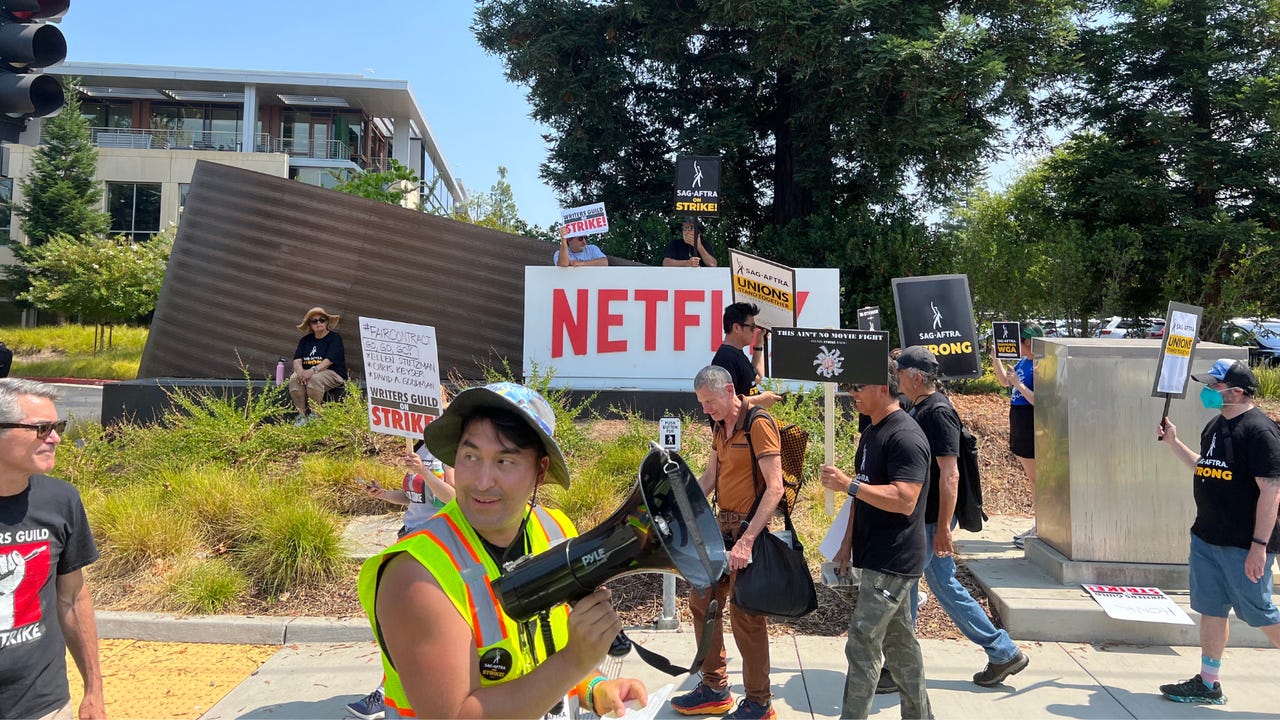
Credits: Hollywood Progressive
AI technologies like Tilly Norwood, an AI-generated actor, have raised eyebrows, but experts suggest that while AI may influence the film industry, it is unlikely to replace human actors entirely. The roles that require complex emotions, charisma, and originality are still seen as safe. Instead, AI is more of a complementary tool, enhancing elements like special effects and digital extras.
Despite the potential of AI in acting, human actors are irreplaceable for their unique artistry. As noted in a detailed analysis, lead roles and nuanced performances still demand the human touch. Embracing technology and honing storytelling skills are ways actors can stay relevant. The future may see AI reshaping roles and creating new opportunities rather than marking the end of human actors.
Hiring Movie Actors? Look for These Skills in the AI Era
The entertainment industry is transforming, so what makes a great movie actor is too. Beyond acting chops, recruiters should seek talent who are tech-savvy. This means comfort with virtual auditions and an understanding of digital doubles.
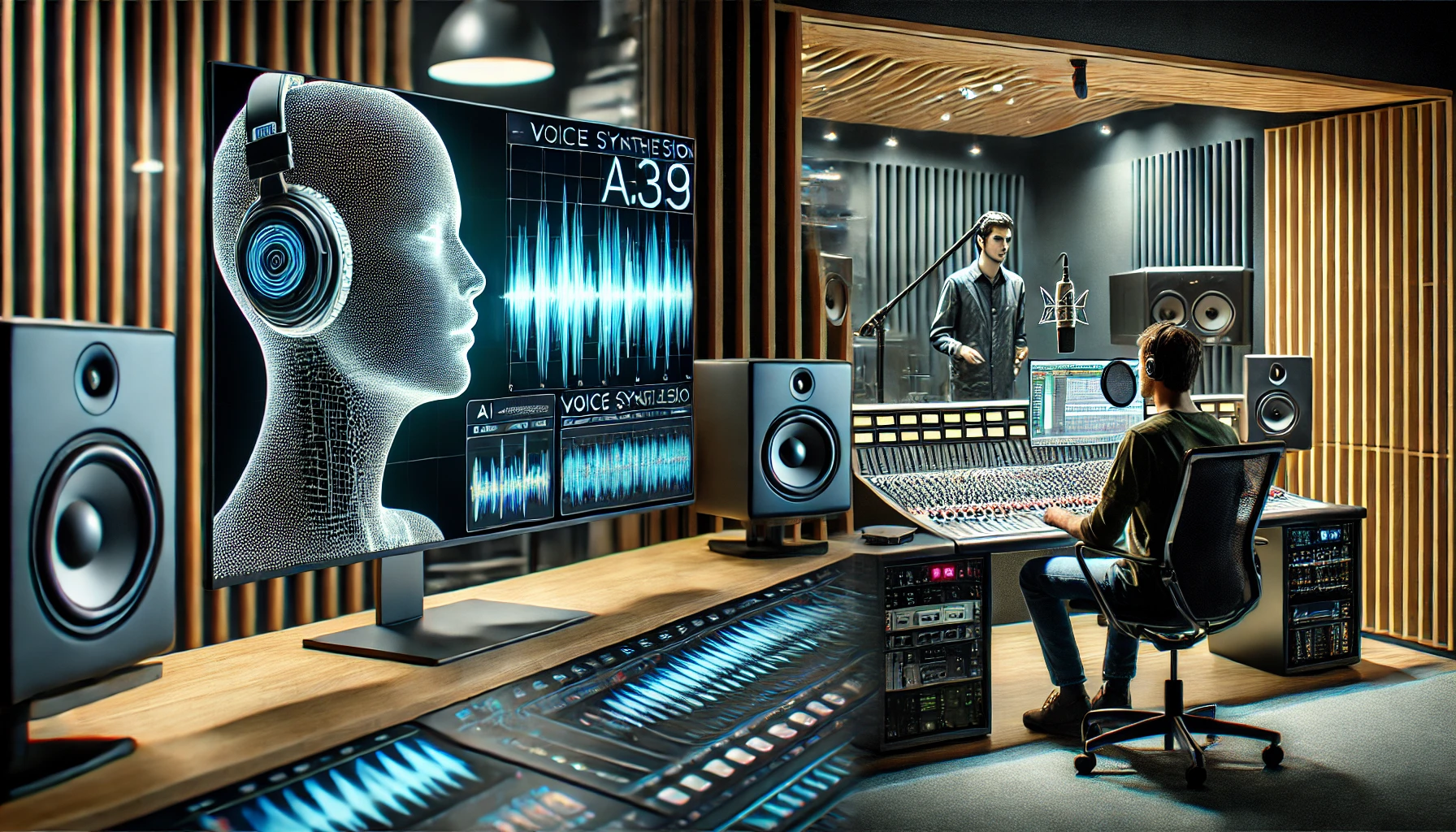
Credits: Vitrina.ai
Actors also need to manage their social media presence well, as AI analyzes audience engagement and marketability. To find these modern movie stars, you need smart screening tools. Adaface tests help you measure these new tech skills quickly.
Our Prompt Engineering Test checks how well candidates interact with AI for script work or performance guidance. The Generative AI Test assesses their ability to use AI tools for creative tasks, such as enhancing self-tapes. Look for strong emotional depth, authenticity, and improvisation skills, paired with an awareness of AI's impact on contracts and rights for well-rounded professionals.
Prompt Engineering Test
Generative AI Test
Why Movie Actors Should Look Forward to AI
Imagine a world where AI doesn't replace actors but rather enhances their performances and opens new avenues for storytelling. As noted by industry experts, AI can streamline production processes, allowing filmmakers to focus more on creativity. This means actors can spend more time delving into their roles without being bogged down by repetitive tasks.
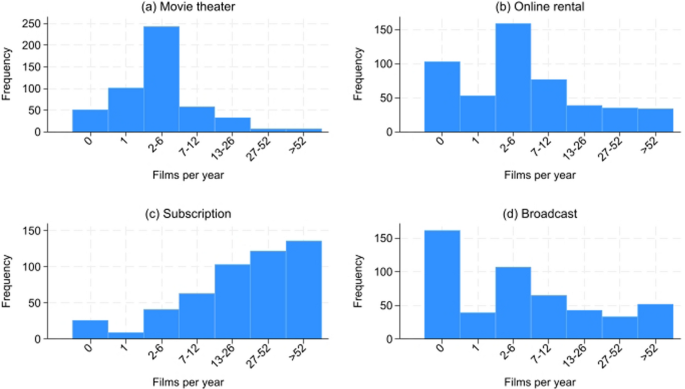
Credits: Springer Nature
For those hiring actors, AI offers the chance to cast a wider net and find talent that perfectly fits roles through advanced analytics and predictive casting. Moreover, AI creates new job opportunities for actors willing to engage with technology, such as providing their likeness to create digital doubles for stunts or roles they might not physically perform. This opens up new revenue streams while preserving the core of what makes acting so special.
The future of acting will be one of collaboration between human creativity and AI's technical prowess. By embracing AI, actors and casting professionals can ensure they remain at the forefront of an evolving industry, ready to explore untapped stories and engage audiences in innovative ways. With AI as an ally, the possibilities are truly endless.

40 min skill tests.
No trick questions.
Accurate shortlisting.
We make it easy for you to find the best candidates in your pipeline with a 40 min skills test.
Try for freeRelated posts



